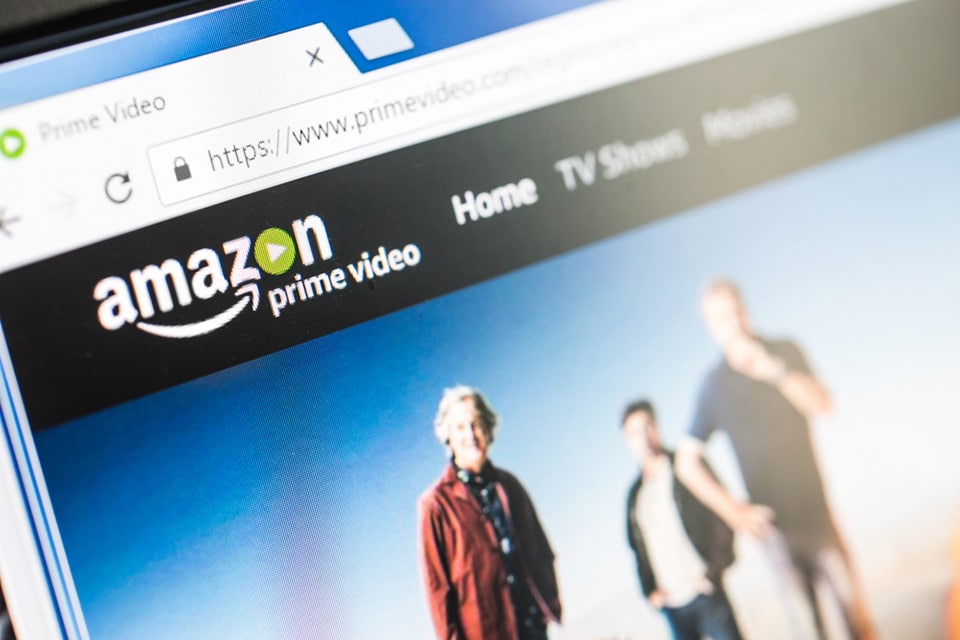According to a recent survey by RBC Capital Markets, Amazon Prime's U.S. membership may have peaked. It showed no growth between June 2017 and May 2018. An estimated 70 million to 75 million U.S. consumers belong to the program, says Mark Mahaney. He led the sixth annual proprietary research project.
By Kelly Shermach
While Prime expands outside the U.S., Amazon may need to add perks to impress Americans. Mahaney suggests faster shipping, more music and more video. Other retail analysts have predicted Amazon may extend its discounts through brick-and-mortar partners like Best Buy and Kohl's. Already Amazon Prime customers who shop at Whole Foods Markets pay lower prices and get two-hour grocery delivery. Could members who live in cities and towns without Whole Foods Markets start to see similar benefits from their grocery stores?
Additional consumer value without cost to Amazon
Speculation abounds. However, TheWiseMarketer received a grounded opinion.
"I doubt Amazon would choose to undercut its Whole Foods customers by offering similar Prime discounts to customers of other grocery chains," says Debbie Hauss, editor-in-chief of Retail TouchPoints. The loyalty reward for current and prospective Whole Foods shoppers supports rather than dilutes the Whole Foods brand, she says.
But if Best Buy and Kohl's—retailers with which Amazon has existing relationships—"truly believed that their overall profit and revenue would increase by offering Prime discounts, they would do it," she says.
Would data sharing put retailers at a disadvantage?
The dilution issue enters an expanded Prime experience base, too—the dilution of retailer profits and proprietary data. Retail partners would shoulder the cost of discounting and by design, share incremental customer data with Amazon. However, data is currency. And as attractive as traditionally based brands may find building their customer bases and sales under Amazon's powerhouse position—about 90% of Americans prefer Amazon over any other online retail site at which to make purchases—"they don’t want Amazon to take over to the point that they lose access to their proprietary customer data," Hauss says.
Customer experience is key
In addition, whether with the Whole Foods delivery service or Prime member benefits leveraged outside Amazon-owned brands, customers need a consistent experience to commit themselves and their spending. Mahaney from RBC Capital Markets reported a slipping of customer satisfaction scores with Amazon. He attributes it to the increase of third-party sellers, perhaps with "sub-optimal quality controls." Delivering the optimal experience depends on data.
"It’s vital to have the right data on your current loyal customer base, as well as target customer base," Hauss says. "You need to know the right time and place to send marketing and promotional messages in order to drive incremental revenue. If you do it wrong, you may have more sales but less profit."
Kelly Shermach is a Reporter for The Wise Marketer.


